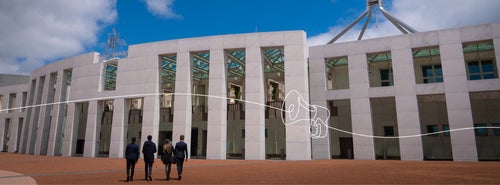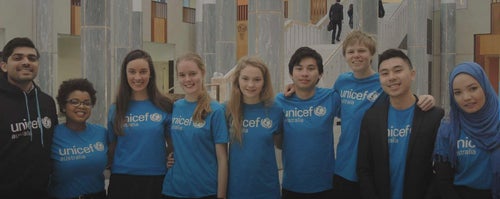At school or home, you may have heard people talking about the Voice to Parliament and the referendum that was held on 14 October 2023, and have wondered, what does it all mean?
For over 60,000 years, Aboriginal and Torres Strait Islander people have lived here in Australia, and we celebrate their culture and deep connection to the land in many different ways. But, when the Australian Government makes decisions about issues that affect Aboriginal people, on things like education, health and justice, their voices haven’t always been heard.

Uluru Statement of the Heart
To be a country that is fair for everyone, we needed to change that. And the only way to ensure Aboriginal people could have a permanent Voice is by adding to the Australian Constitution – the rule book on which our country is governed. To change the Constitution, we had to have a referendum where every person over 18 in Australia voted on the change.
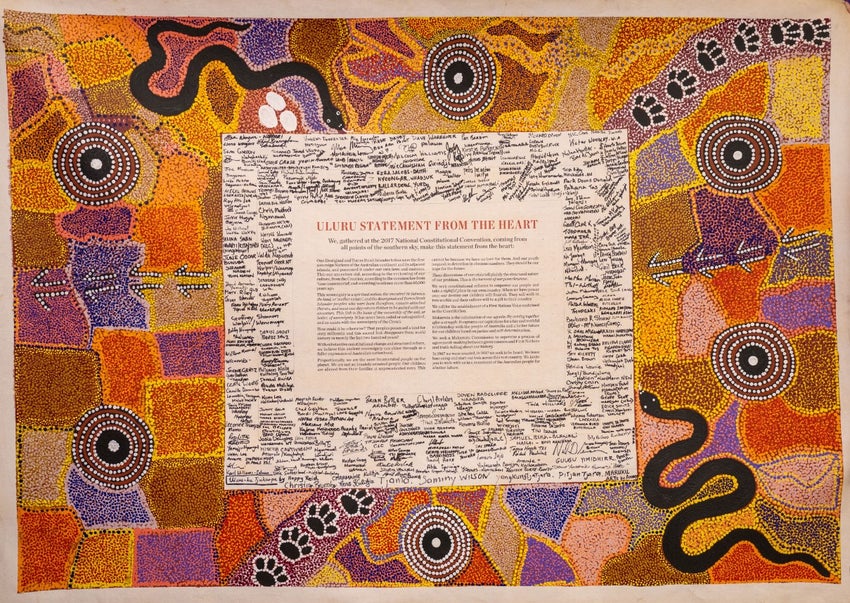
What is the Uluru Statement from the Heart?
The Uluru Statement from the Heart is an invitation to all Australian people for a better future.
Aboriginal and Torres Strait Islander people from all over the country came together to create the Uluru Statement from the Heart, which is a call for truth about our country’s history, treaty and meaningful and practical change by having a Voice to Parliament.
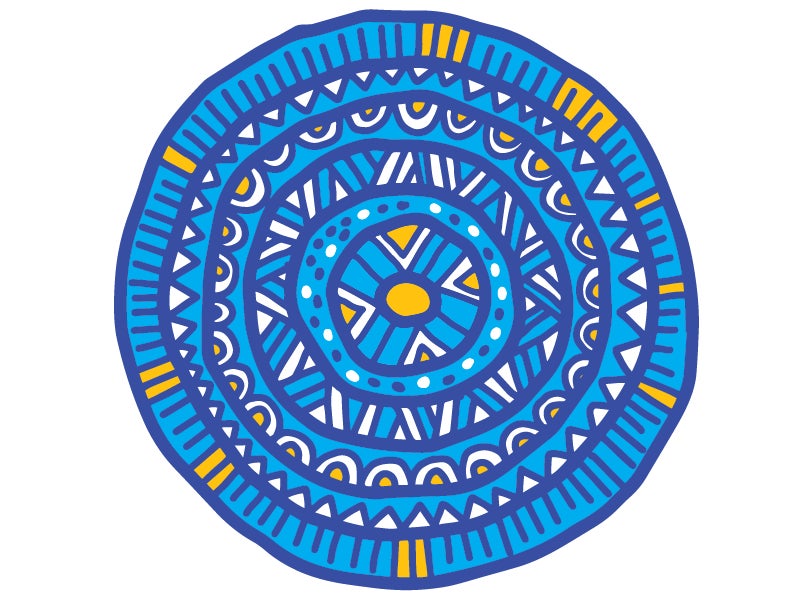
What was the Voice to Parliament referendum?
The referendum was a vote on whether the Voice to Parliament should happen or not.
The Government asked the Australian people, who are over 18 years old, to decide if we should recognise Aboriginal and Torres Strait Islander people in the Constitution with a Voice.
The Voice to Parliament would have been a group of Aboriginal and Torres Strait Islander representatives, chosen by Aboriginal peoples from around the country, to offer advice to the Government on laws and policies that directly affect them.
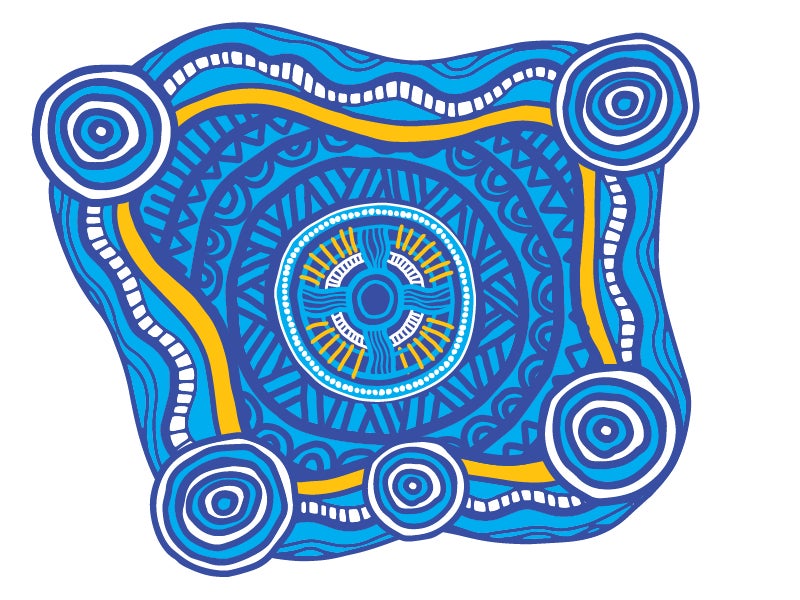
Why did the Voice to Parliament matter?
The Voice to Parliament mattered because it would have given Aboriginal people a say on the laws and policies that affect them.
Having the Voice to Parliament become part of the Constitution would have been a big step towards uniting Australia. It would have recognised that Aboriginal and Torres Strait Islander people were the first people here, and it would have given them a say over the laws and policies that affect them, like education and health care. When Aboriginal people have a say about the issues that affect them, we see better outcomes.
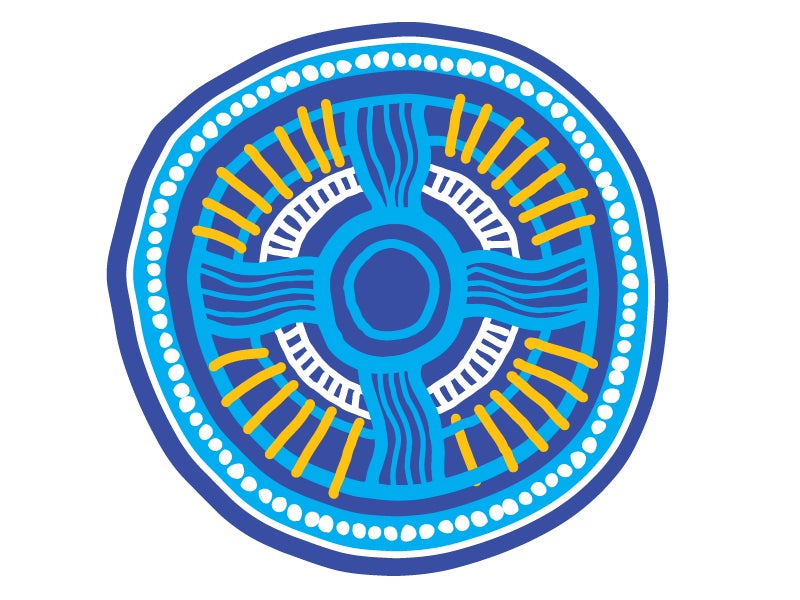
What would have changed if the Voice to Parliament was successful?
Aboriginal people would have been able to offer advice to politicians in Parliament on issues that directly affect them.
The Voice to Parliament would have united all Australians and recognised Aboriginal people which would have been a positive change for the country. For Aboriginal and Torres Strait Islander people, it would have ensured their voices were heard on decisions which impact them. They would have been able to offer advice and practical solutions to politicians in Parliament on the unique challenges their people and communities face with jobs, health, education and justice.

What was South Australia's 2024 First Nations Voice to Parliament Election?
The South Australian First Nations Voice to Parliament was established in 2023. The election was held on the 16th of March 2024 to elect Aboriginal and Torres Strait Islander people to the Voice to Parliament to represent their communities and provide advice to government on issues affecting Aboriginal people.
It was an independent group of six local First Nations voices representing Indigenous perspectives at local and state levels.

The Rights of the Child and the Voice to Parliament.
Here are just some of the Rights of the Child that can impact you when it comes to the Voice to Parliament.
No. 7 You have the right to have a name, to belong to a country and know your family.
No. 8 You have the right to have your own identity.
No. 12 You have the right to share your ideas and be listened to on things that impact you.
No. 30 You have the right to share your culture, language and religion.
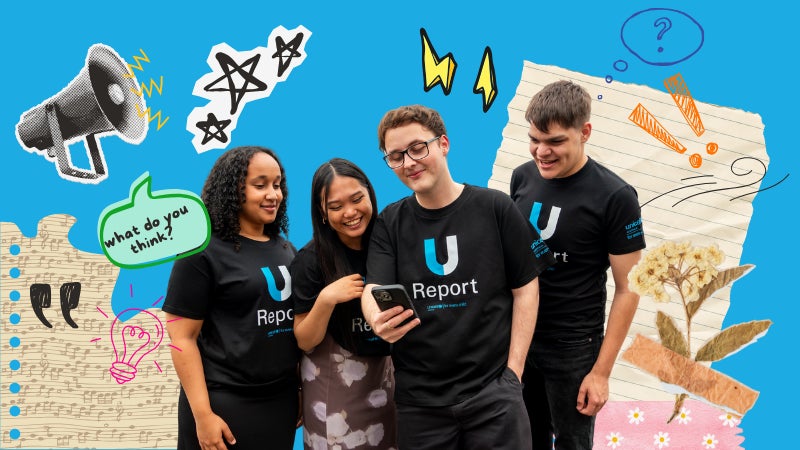
Have your voice heard with U-Report
U-Report is UNICEF’s digital community for young people where you can raise your voice and share opinions on topics that matter to you. It's a free, confidential digital polling platform open to anyone aged 14-24. Join today!



